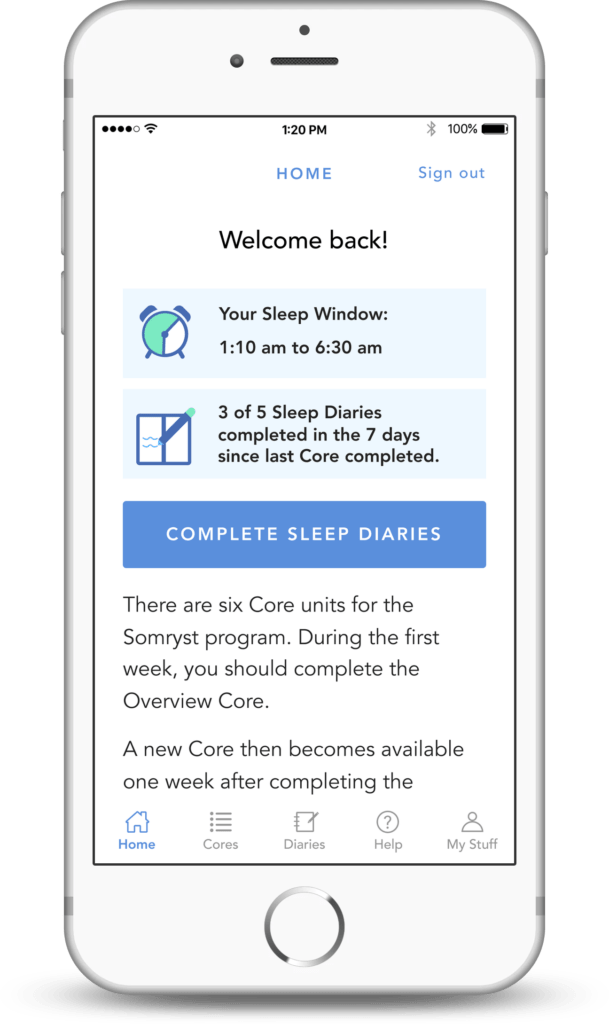Trend: Pharma industry warming up to digital therapeutics

– Somryst app by Pear Therapeutics
Digital therapeutics have potential but commercial success unproven (Vantage):
“Developing drugs to treat disorders of the central nervous system is famously fraught with difficulty. Several companies, including Pear Therapeutics and Dthera, are taking a wildly different approach: digital therapeutics. These are pieces of software designed to treat disease that are regulated, prescribed and even paid for as if they were drugs … Pear is so far the only company to have brought a digital therapeutic to market – but it is by no means the only company in this space. Akili Interactive hasfiled for FDA approval of AKL-T01, a computer game designed to treat ADHD, and another product, AKL-T02, is in late-stage development for cognitive dysfunction in children with autism spectrum disorder.
And Akili, like Pear, has received generous financial backing from venture investors. Akili raised $68m in a series C round last year from investors including Merck Ventures and Temasek, Singapore’s National Wealth Fund. Pear’s $64m series C, also involving Temasek with other backers including Novartis, was one of this year’s biggest.
Click Therapeutics, which makes apps for various neurological conditions and has partnered with Otsuka on the development and sale of its depression therapeutic CT-152, counts Sanofi and Hikma Pharmaceuticals among its investors.
Perhaps drug companies see the development of digital products as a way of wringing some kind of financial reward out of CNS disorders given the difficulty of developing drugs in this area.”
News in Context:
- Pear Therapeutics raises $50M to develop and market a portfolio of digital therapeutics for mental health
- FDA clears first CBT-based digital therapeutic to treat substance abuse disorders
- The FDA creates new Digital Health unit to reimagine regulatory paths in the age of scalable, AI-enhanced innovation
- Five reasons the future of brain enhancement is digital, pervasive and (hopefully) bright


